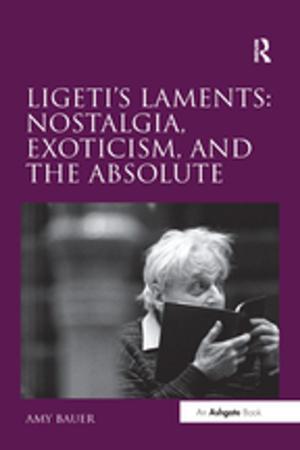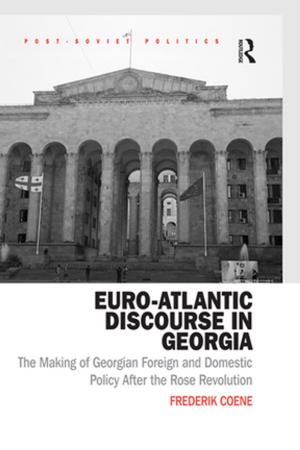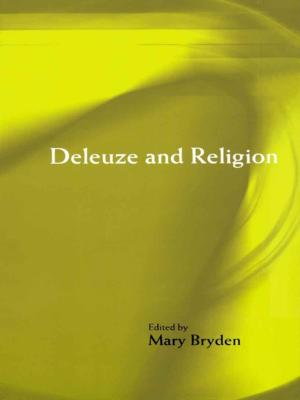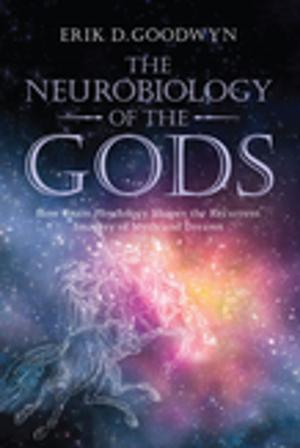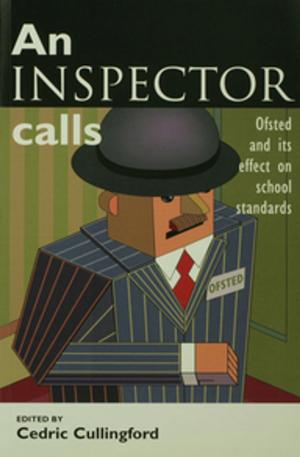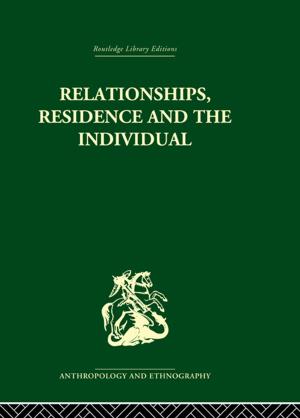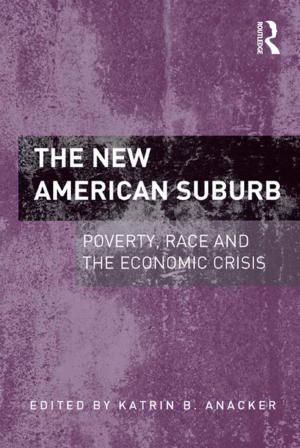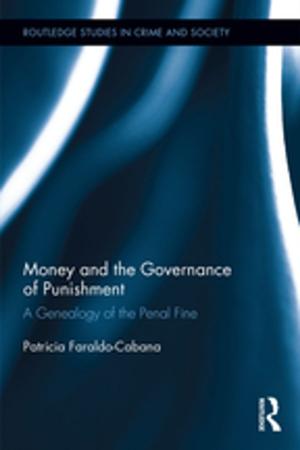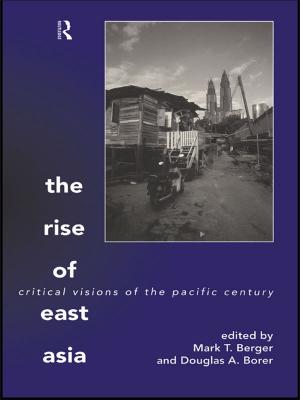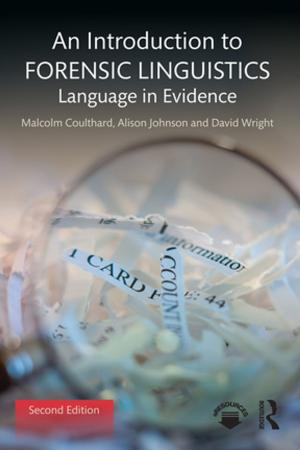The Unmaking of the Medieval Christian Cosmos, 1500–1760
From Solid Heavens to Boundless Æther
Nonfiction, History| Author: | W.G.L. Randles | ISBN: | 9781351880725 |
| Publisher: | Taylor and Francis | Publication: | December 5, 2016 |
| Imprint: | Routledge | Language: | English |
| Author: | W.G.L. Randles |
| ISBN: | 9781351880725 |
| Publisher: | Taylor and Francis |
| Publication: | December 5, 2016 |
| Imprint: | Routledge |
| Language: | English |
From the early Christian era and throughout the Middle Ages, theologians exerted considerable effort to achieve a synthesis bringing together Greek cosmology and the Creation story in Genesis. In the construction of the medieval Empyrean, the dwelling place of the Blessed, Aristotle’s philosophy proved of critical importance. From the Renaissance on, largely in revolt against Aristotle, humanist Bible critics, Protestant reformers and astronomers set themselves to challenge the medieval synthesis. Especially effective in the ensuing dismantlement, from the 16th to 18th centuries, was the pagan concept of an infinite universe, resuscitated from Antiquity by the Italian philosophers Bruno and Patrizi. Indirectly inspired by the latter, the doctrines of the French pre-Enlightenment thinkers Descartes and Gassendi spread throughout Latin Catholic Europe in spite of considerable resistance. By the middle of the 18th century the Roman ecclesiastical authorities were brought to acknowledge an end to the medieval cosmos, allowing Catholics to teach the theory of heliocentrism.
From the early Christian era and throughout the Middle Ages, theologians exerted considerable effort to achieve a synthesis bringing together Greek cosmology and the Creation story in Genesis. In the construction of the medieval Empyrean, the dwelling place of the Blessed, Aristotle’s philosophy proved of critical importance. From the Renaissance on, largely in revolt against Aristotle, humanist Bible critics, Protestant reformers and astronomers set themselves to challenge the medieval synthesis. Especially effective in the ensuing dismantlement, from the 16th to 18th centuries, was the pagan concept of an infinite universe, resuscitated from Antiquity by the Italian philosophers Bruno and Patrizi. Indirectly inspired by the latter, the doctrines of the French pre-Enlightenment thinkers Descartes and Gassendi spread throughout Latin Catholic Europe in spite of considerable resistance. By the middle of the 18th century the Roman ecclesiastical authorities were brought to acknowledge an end to the medieval cosmos, allowing Catholics to teach the theory of heliocentrism.

